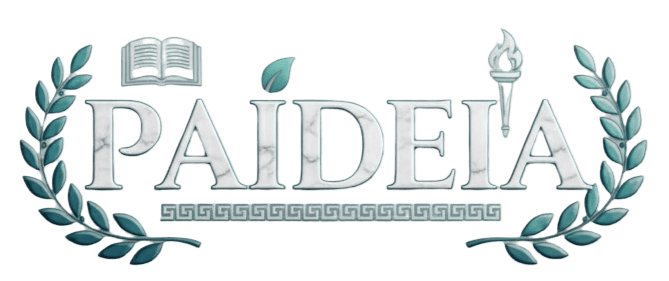Operating Principles
Paideia LMS operates under a set of core principles that guide how we develop, maintain, and communicate about the project. These principles ensure transparency, community involvement, and long-term sustainability.
Open Source and Free Forever
Section titled “Open Source and Free Forever”Paideia is open source and free under the GNU Affero General Public License v3.0 (AGPL-3.0) — forever. This license ensures that Paideia remains freely accessible to educational institutions while maintaining the principles of open source software.
What this means:
✅ Free and Open Source: Use, modify, and distribute freely
✅ Schools and Educational Institutions: Can host and use without restrictions
✅ Modifications Must Be Shared: If you modify and host this software, you must share your changes
✅ Same License Required: All forks and derivatives must use AGPL-3.0
⚠️ Commercial Hosting Restrictions: While the license permits commercial use, we strongly discourage organizations from hosting this software for schools as a paid service. The spirit of this project is to remain freely accessible to educational institutions.
If you’re interested in commercial partnerships or support services that align with our mission, please reach out to discuss collaboration opportunities.
Public Changelog
Section titled “Public Changelog”All changes to Paideia LMS are documented publicly on GitHub and in the documentation. We maintain a comprehensive changelog that tracks every feature addition, bug fix, and improvement made to the platform. This ensures complete transparency about what’s changing and when.
The changelog is available in multiple places:
- GitHub Releases: Every release includes detailed release notes
- Documentation: The changelog is integrated into the documentation site
- GitHub Commits: Individual changes are tracked in the commit history
This transparency helps users understand what’s new, what’s been fixed, and what might affect their installations. It also helps the community track the project’s progress and plan for updates.
Quarterly Whitepapers
Section titled “Quarterly Whitepapers”Every three months, we publish a whitepaper on the documentation site that covers progress, vision, and direction. These whitepapers provide a comprehensive look at where Paideia is, where it’s been, and where it’s going.
Each whitepaper includes:
Progress Recap
Section titled “Progress Recap”A detailed summary of what has been accomplished in the past quarter:
- New features and capabilities
- Performance improvements
- Bug fixes and stability enhancements
- Community contributions and engagement
- Technical milestones and achievements
Long-Term Vision
Section titled “Long-Term Vision”Our strategic direction and long-term goals for Paideia LMS:
- Where we want to take the platform in the next 2-5 years
- Major features and capabilities we’re planning
- Architectural improvements and scalability goals
- Community growth and engagement objectives
Short-Term Vision
Section titled “Short-Term Vision”Our immediate plans and near-term objectives:
- What we’re working on in the next quarter
- Upcoming features and improvements
- Priority areas for development
- Immediate goals and milestones
These whitepapers ensure the community is always informed about Paideia’s direction and can plan accordingly. They also provide an opportunity for feedback and discussion about the project’s future.
You can download the latest whitepaper from the Whitepaper page.
Issue and Discussion-Driven Development
Section titled “Issue and Discussion-Driven Development”Development is driven by issues and discussions, with decisions made by the core team. We believe in transparent, community-involved development where ideas can be discussed openly before implementation.
How It Works
Section titled “How It Works”- Issues: Anyone can open an issue on GitHub to report bugs, suggest features, or request improvements
- Discussions: Complex topics are discussed in GitHub Discussions, where the community can share ideas and provide feedback
- Decision Making: The core team reviews issues and discussions, makes technical decisions, and prioritizes work
- Implementation: Once a decision is made, the work is implemented and documented
Community Involvement
Section titled “Community Involvement”We actively encourage community participation:
- Bug Reports: Help us identify and fix issues
- Feature Requests: Share your ideas for improvements
- Discussions: Participate in technical discussions and planning
- Contributions: Submit pull requests for bug fixes and features
Core Team Decisions
Section titled “Core Team Decisions”While community input is valuable, the core team makes final decisions about:
- Technical architecture and design choices
- Feature prioritization and roadmap
- Security and stability concerns
- Project direction and strategy
This balance ensures that Paideia moves forward with clear direction while remaining responsive to community needs.
Transparency and Openness
Section titled “Transparency and Openness”All of these operating principles work together to ensure that Paideia LMS development is transparent, community-driven, and sustainable. We believe that open source projects thrive when they’re open about their processes, decisions, and direction.
Whether you’re a user, contributor, or just curious about the project, you can always find out what’s happening, what’s planned, and how decisions are made. This transparency builds trust and encourages community involvement.
Learn